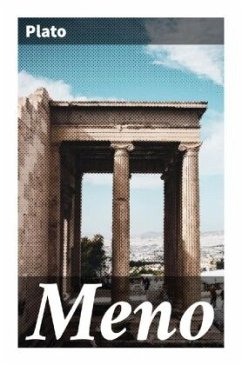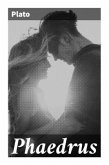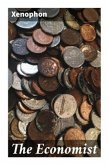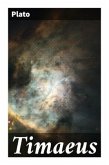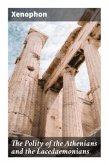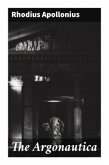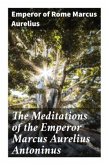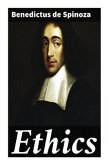In "Meno," Plato engages in a profound exploration of the nature of virtue and knowledge through a Socratic dialogue between Socrates and the young Meno. The text employs a dialectical style that reveals Plato's characteristic love for philosophical inquiry, presenting engaging questions about whether virtue can be taught or is an innate trait. This dialogue, set against the backdrop of Classical Athens, reflects the intellectual currents of the time, intertwining ethical considerations with epistemology, thus providing a rich context for understanding human capability and morality. Plato's use of paradoxes and profound questioning invites readers to delve deeper into the essence of knowledge itself. Plato, a student of Socrates and the founder of the Academy in Athens, is pivotal in the development of Western philosophical thought. His experiences and reflections on the political turmoil of his time, as well as his affinity for characteristically Socratic questioning, inspired him to articulate complex ideas about knowledge, learning, and the human condition. "Meno" serves not only as a philosophical treatise but also as a reflection of Plato's engagement with the ideas surrounding pedagogy and moral development. Readers interested in philosophy, ethics, and pedagogy will find "Meno" an essential text that invites introspection and fosters intellectual growth. Its timeless dialogue encourages exploration of personal beliefs regarding virtue and knowledge, making it a vital resource for anyone seeking to understand foundational philosophies that shape modern thought.
Bitte wählen Sie Ihr Anliegen aus.
Rechnungen
Retourenschein anfordern
Bestellstatus
Storno

